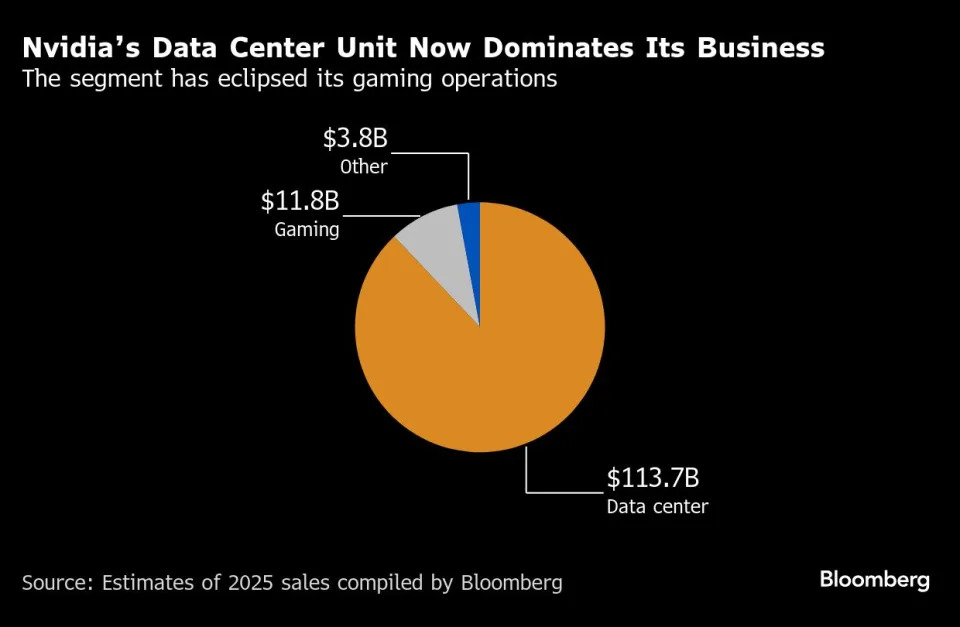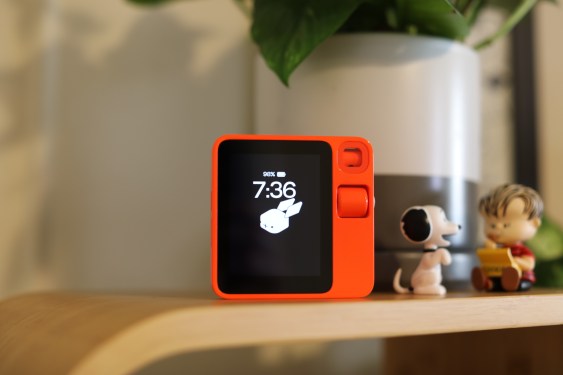Nvidia Corp. Chief Executive Officer Jensen Huang took the stage at a packed arena in Las Vegas to kick off the CES trade show on Monday and present the new lineup of products and services from his company, aiming to stay at the forefront of artificial intelligence computing.
A Vision for AI-Driven Economy
Huang offered a vision for how AI will spread throughout the economy, with Nvidia’s products being the heart of a future tech world featuring:
- 1 billion humanoid robots
- 10 million automated factories
- 1.5 billion self-driving cars and trucks
Interest in Nvidia’s products and Huang’s forecasts has exploded as companies rush to deploy new AI computing gear.
New Products and Tie-Ups
Nvidia is launching an update to its GeForce GPUs, which were created with the same Blackwell design used in its AI accelerators. The new GeForce 50 series cards will take advantage of Blackwell’s capabilities to create even more realistic experiences for computer gamers.
Huang said during the presentation: "GeForce allowed AI to reach the masses, and now AI is coming home to GeForce."
The flagship RTX 5090 model will be available later this month for $1,999, with less powerful cards following later. The RTX 5070, costing $549, will debut in February with better performance than the prior range’s top model, the RTX 4090.
Nvidia is also announcing tie-ups with Toyota Motor Corp. and MediaTek Inc., which sent their shares more than 3% higher.
Data Center Operation
As recently as 2022, gaming was Nvidia’s biggest source of sales. Now the chipmaker’s data center operation is far larger and is on course to contribute more than $100 billion this year, with its accelerator chips prized by the world’s largest tech companies.
The next step is rolling out hardware and software to a larger swath of business and government agencies, helping diversify Nvidia’s revenue.
Toyota Partnership
Huang announced that Toyota, the world’s biggest vehicle maker, is now a customer for Nvidia’s autonomous driving AI products and will use its Drive chips and software. Toyota shares in Tokyo extended gains after the announcement.
Challenges and Opportunities
Extending AI into more of the physical world will transform industries worth $50 trillion, Nvidia said. But the move will also bring challenges. Robots and cars will require software that can handle real-life complexities in a safe way.
Nvidia has created Nvidia Cosmos to help make robots smarter and produce fully autonomous vehicles. The company is also working with Uber Technologies Inc. to develop self-driving technology.
Project Digits
Nvidia is now offering a desktop PC called Project Digits, which comes equipped with a single Grace Blackwell Superchip – a combination of central processor and graphics semiconductor – working with a large chunk of memory and fast connectivity.
The idea behind this new machine is to provide developers with hardware capable of running very large AI models, ones that current laptops will struggle to handle. The device runs a version of the Linux operating system and isn’t designed for everyday use but rather to help AI developers work locally when connecting to the cloud or using conventional computers isn’t practical or possible.
Certification by Government Organizations
Nvidia has had its products certified by government transportation safety organizations, which will speed up the wider use of the chip designer’s comprehensive offerings in self-driving technology.
Conclusion
Huang’s announcement aims to solidify Nvidia’s position as a leader in AI computing and provide a glimpse into the company’s vision for the future. With new products and services in the works, Nvidia is poised to stay at the forefront of AI-driven innovation.




